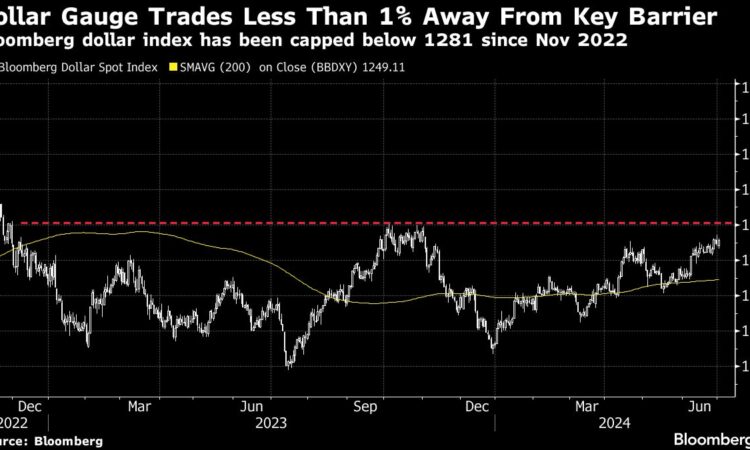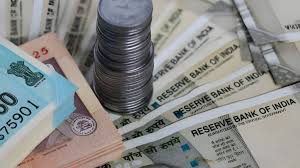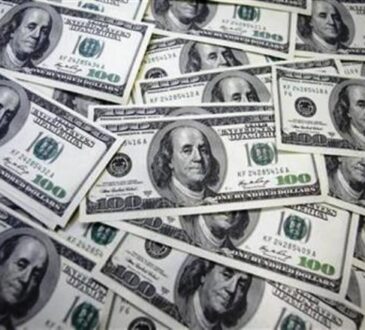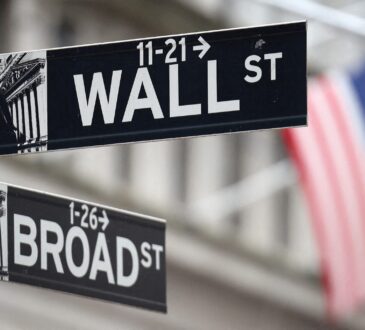
(Bloomberg) — The dollar’s advance following a crucial Supreme Court ruling highlights the potential for further gains in the US currency in case of a second Donald Trump presidency.
Most Read from Bloomberg
The Bloomberg Dollar Spot Index rose 0.2% Monday after touching the highest level since November last week. The strength in the dollar is weighing on currencies around the globe, with the Japanese yen among the currencies that are taking the brunt.
The Supreme Court on Monday ruled that Trump has some immunity from criminal charges for trying to reverse the 2020 election results, making it unlikely that a trial will happen before the presidential election in November.
Traders are positioning for higher odds of Trump getting a second term and expect his trade policies could be supportive of a stronger dollar.
“If Trump pushes ahead with some of his huge tariffs, that is inflationary,” said Jane Foley, head of currency strategy at Rabobank in London. “That could mean that the Federal Reserve’s rate cutting cycle comes to a halt very fast — that would be dollar supportive.”
The dollar has benefited from US interest rates that remain at decade-highs, contrary to those in other advanced economies. The European Central Bank, its Swiss counterpart and the Bank of Canada have all started lowering interest rates.
In the US, traders are poring over upcoming data to gauge when the Fed may start its cutting cycle. The next focus is this Friday’s US employment report.
“Probability markets have moved more in favor of Trump recently, which we think should help keep a floor under the dollar in the second half given tariff and trade policy risks,” analysts at JPMorgan Chase & Co. led by Meera Chandan, co-head of global FX strategy, wrote in a June 28 note.
Modest Fed easing will be insufficient for “out-sized dollar weakness,” the analysts said, adding that a pickup in growth outside the world’s largest economy would be needed to send the greenback meaningfully lower.
Wall Street strategists are urging clients to brace for sticky inflation and higher-long term yields after last week’s debate hurt President Joe Biden’s chances of winning reelection.
Against that backdrop, all currencies in the G-10 have weakened against the dollar since the beginning of the year. The rate gap between the US and Japan — despite a recent increase by the Bank of Japan — remains so vast that asset managers and hedge funds boosted their bets against the yen to new highs last week.
The yen fell as much as 0.5% to trade at 161.73 for a dollar Monday, taking this year’s decline to about 13%. Local authorities said they are watching the speed of the slide and are ready to step in if needed.
Most Read from Bloomberg Businessweek
©2024 Bloomberg L.P.




